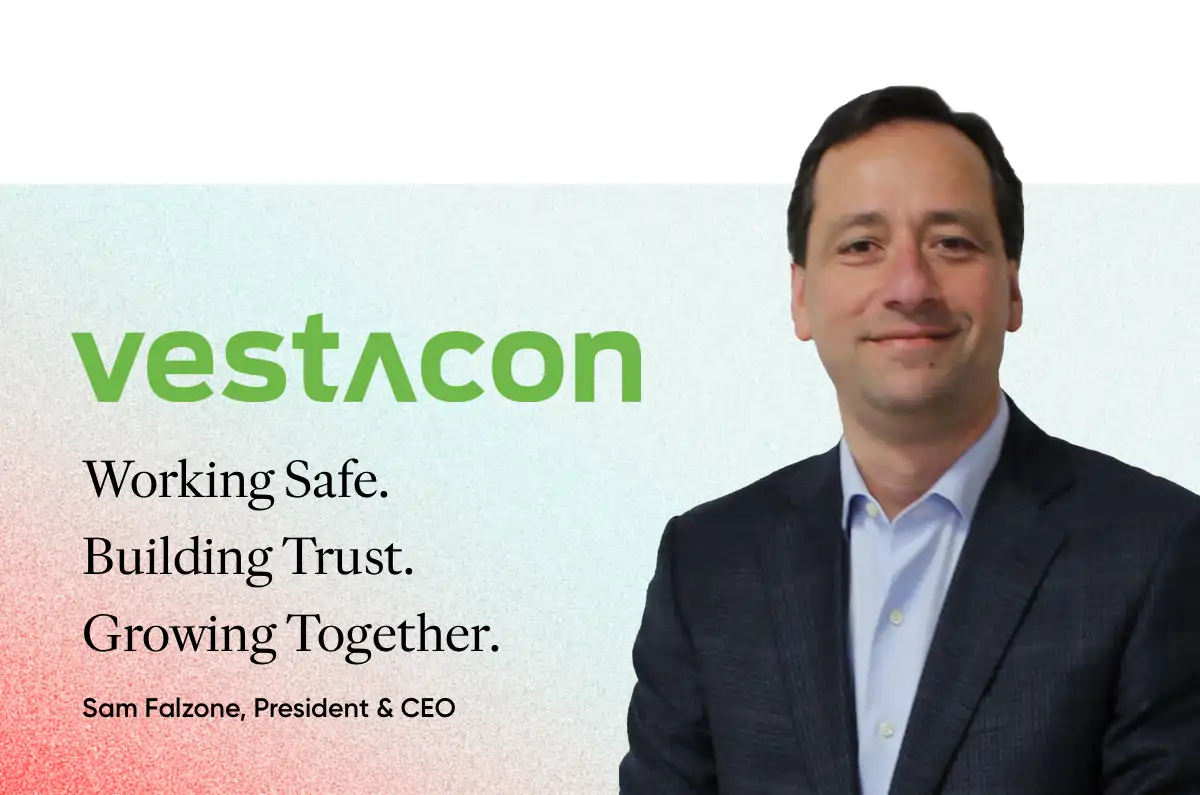For better or for worse, people managers have the single biggest impact on an organization’s performance. To that end, we have a mantra at Kronos: Everyone deserves a great manager.
But what makes an effective manager at your company? How can you identify great leaders? How can you replicate their behaviors to make everyone better?
These questions led us to launch our Manager Effectiveness Index, or MEI, which validated what we always assumed to be true: There’s a powerful link between manager behavior, employee engagement, and, in turn, performance and retention.
After a year spent laser-focusing on manager development, performance and engagement have never been stronger in our 40-year history. Here’s how we are making good managers great, and great managers even better.
1. Identify the most important behaviors for great managers at your organization.
One size fits one. While certain characteristics of manager effectiveness apply across most companies, true insights come from identifying the unique behaviors that best align with your organization’s mission, culture, customer needs, and strategic goals.
After benchmarking different manager development initiatives (including visits to Google and Facebook), we conducted internal analysis of performance reviews and engagement surveys while hosting extensive employee focus groups to understand what manager actions – both positive and negative – had the most impact.
The results: We uncovered 16 unique behaviors that define an effective manager at Kronos.
2. Flip the traditional performance process: Employees rate their manager.
We incorporated these 16 behaviors into our bi-annual employee engagement survey. All employees anonymously rated their direct manager (including our CEO!) on each behavior via statements like, “My manager ensures I understand the business strategy and how my work influences it,” “My manager empowers me to make decisions,” and “My manager truly cares about me as an employee.”
3. Provide managers with clear benchmarking reports to help build development plans.
We then gave each manager a personalized report showing how they ranked in all 16 areas and a matrix showing how they did compared to other managers at the company. These reports gave them clear and concise feedback on how their actions are perceived.
4. Include employees in the manager’s growth plans.
Armed with their MEI results, all managers debriefed with their teams – either as a group or individually – to drive ongoing, open discussions about their high and low scoring areas. Using employee feedback, managers work with HR and their own managers to build personal development plans, targeted to their specific development opportunities, while leveraging MEI specific training programs.
The results are two-fold: the manager takes accountability to improve, while employees feel empowered that the manager cares about their needs and personal growth.
5. Wash, rinse, repeat – and don’t overreact.
Like performance evaluations, manager effectiveness must be an ongoing conversation. We plan to survey every six months.
The vast majority of Kronite managers immediately focused on becoming better leaders. Ongoing discussions with their teams uncovered blind spots for even the best managers (i.e. one manager who scored high had an epiphany that she never asked one simple question in 1:1 meetings: “What are your career aspirations?”).
We also learned that low MEI scores do not always equal a “bad manager.” They may have inherited a difficult situation where, for example, poor team performance had gone unaddressed. With clarity provided by MEI, managers can take concrete action. As a general rule, low MEI scores only become urgent after at least three measurement periods.
Getting Started – Prerequisites
There are two prerequisites to rolling out a people manager assessment program: baseline manager training and having a high-trust environment.
It is unreasonable – and unfair – to hold managers accountable for behaviors that they haven’t been trained on. High-trust is critical so employees understand the program is being implemented because you care about professional and personal development. Goals and intentions must be genuine and transparent.
As we have found at Kronos, you could trust your instincts, but using concrete data is the best path toward helping managers become great. Without concrete data, do you really know what makes for a great manager at your organization?
Dave Almeda
As Chief People Officer at Kronos Incorporated, Dave Almeda, drives the company’s global human capital management strategy – including talent acquisition and development, compensation and benefits, and employee engagement programs for 5,200+ Kronites – to support the company’s continued growth, innovation, and profitability. Almeda was named “CHRO of the Year” by HRO Today in 2017.






